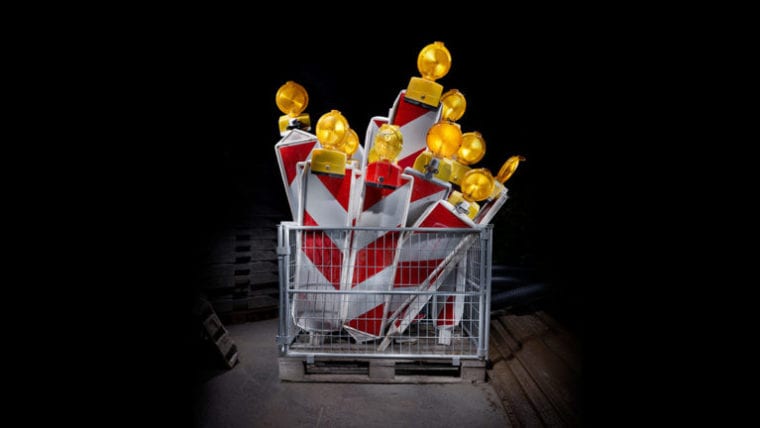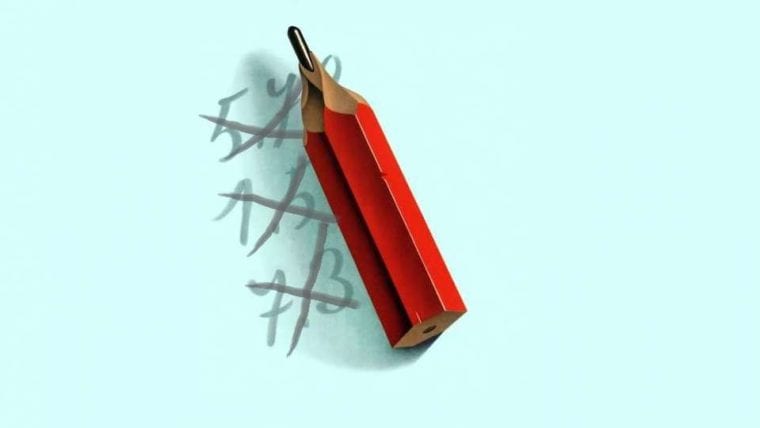In the first three parts of my article series, you got insights on how leading golf clubs’ leaders are managing and leading their golf club during the coronavirus crisis.
This time, I will bring you further insights from Finland, Poland, Belgium, and Spain:
- Antti Hiltunen – Managing Director, Finnish Golf Club Managers Association & Finnish Golf Course Owners Association;
- Antti Pohjonen – CEO, Sand Valley Golf Resort, Poland;
- Piet Vandenbussche – Managing Director, Millenium Golf Management, Belgium;
- A Spanish Golf Director who asked me not to tell his name.

How do you minimize your golf club’s losses due to coronavirus / COVID-19?
Antti Hiltunen:
Most important thing is to make sure you have strict rules and regulations (we have made these recommendations) for players and golf courses on how golf can be played safely.
This will help to keep golf courses open and it shows responsibility and solidarity towards the government. These rules and regulations need to accepted by all.
These are our rules and regulations: https://golf.fi/pelaajalle/golfliiton-paivitetty-tiedote-koronavirus/. I know that you know some Finnish but use Google translate to get the main topics.
This is a great opportunity to take mobile payments, advance payments, contactless payments and other new payment methods in use.
With services like this, you probably don’t need as many staff as you would normally.
Sell gift cards, take away food, online golf instructions, etc. All new services and products can be sold now. Customers are ready to try something new now.

Antti Pohjonen:
You fire people, you utilize government plans and keep the staff you need in order to restart.
With even those ones you fire, you make sure that they get maximum governmental support and you make sure the ones who still work for you also take a pay cut. Including yourself.
You negotiate all loans, leasing, etc. fixed for a minimum of 6 month period and you maintain the course only to “keep it alive”. You do not pay any prepayments back because the new laws that are under preparation, will allow you to write vouchers anyways.
Of course, you maintain daily contact with all those clients and make them understand the situation. Also, the customers that do not understand you now, will understand you in one month – believe me on this.
Simply put, you cut 100% of all the short term costs you can. Once you have done that you start to sell. For that, you have to create new products.

Piet Vandenbussche:
In my clubs, we have an exact calculation of the financial influence of the closure until the end of April. With reduced costs, we can manage this period due to the annual yearly membership fees.
The situation after April is our bigger concern:
- Will we be able to reopen and how?
- What about greenfees and events in 2020?
- Will we be able to attract new golfers?
- How will the existing members react? These are still the big questions…
Spanish Golf Director:
This is the most difficult part of this crisis to comprehend for all clubs. Our operation, like a lot of Europe, is completely shut down, with now only a limited number of the greenkeeping staff on-site now, making sure the course is kept alive.
Losses are inevitable, so making sure the majority of our staff are on the government’s temporary contract suspension scheme, which reduces the payroll for the company significantly, is a big help.
Doing this also means that everyone in this scheme is guaranteed their job once this is over. We have also been contacting many of our partners to look at ways of suspending monthly charges for their services, which some have been happy to do, so that really helps.
The only slight positive in the revenue losses is the lower utility bills through this period, which will go a long way to keeping the losses down.

Have you got a recovery plan/idea for the post-coronavirus era?
Antti Hiltunen:
This is work in progress but we gathered all the information to one document that a golf course (I can send you if you wish. – editor).
We have also started a project with lawyers about a scenario where golf courses will be shut down by the government.
In this scenario, we want to know if the golf course is obligated to return annual fees, etc.
This is going to be very complicated now when we have this new law in action (government law for crises which restricts people’s basic rights).
For now, things are looking good for golf courses to stay open but you never know.

Antti Pohjonen:
You cannot sell anything today so you sell the future. You will come up with “corona products” that will give you the cash flow to not only survive but to restart.
You understand that the only way for you to do that is to make people both believe in you, but also to feel your pain – that’s a fine line to walk as you can not sell the future if everyone thinks you will be bankrupt.
Also, you can not sell those products if you are not transparent. You have to understand that these products have an “expiration date” as people who think they have money now, might not feel like that in a month’s time.
At the same time, you prepare all the “step by step products” that will follow the eventual lifting of governmental regulations.
As a manager you need to understand that in this kind of wartime situations “cash is king” and you train your closest team members not only to stay healthy and stay safe but to understand that in this crisis everyone will suffer mentally and financially and that the new world will look nothing like the one we are used to.
That will help them to innovate with you. For your active team, you build a support system that makes sure everyone stays mentally in a functional state.
Some context, overnight we lost 100% of our cash flow and guaranteed a minimum 50% of our annual turnover – with doing all I mentioned above, we have in my estimation close to 0% risk of going to liquidation and will be fully ready to take the market back as soon as it opens.
Better yet, I believe this will open us new opportunities. Key is to keep yourself and your management in a fighting spirit, because now is no time to cry – all will be good, but not without hard work and tireless innovation.

Piet Vandenbussche:
In one golf club, I have done a successful ‘early bird prebooking promotion’ for greenfees. We have received more than 200 bookings before April 1st.
In all courses, we are keeping the full staff in greenkeeping. This gives us the possibility to do larger projects. The big idea is to surprise the golfers when they come back.
We want to give the feeling that the closure was not a period of sleep but an opportunity to make a difference (examples: new paths, big clubhouse refurbishments, improvements on bunker sand and edges, redesign of some parts of the course and top quality of the course).
Finally, we hope to reopen under special conditions within a few weeks. The Flemish Golf Federation has prepared guidelines for reopening under safe conditions.
Spanish Golf Director:
We do have a recovery plan which we are finalizing right now. As I think we all understand the move back to normality will be a very slow and gradual one.
We anticipate that foreign travel will be restricted for much longer after the bans are lifted in each country. It is therefore important for resort courses to be prepared for that.
We will have plans that involve, members first and then the local community and then widen that out to the rest of the country as travel movements are relaxed, before we are ready to receive international guests once more.
There will also be a degree of worry from people once the lockdowns are removed, so we need to be prepared for that.
People will be nervous of close interaction for a period of time, so we must make sure that the customer journey is set up to minimize excessive interaction should that be necessary.
Small things like the distance between each hitting area on the range, or the closeness of tables in the restaurants, for example, are all important factors that we need to be aware of.
